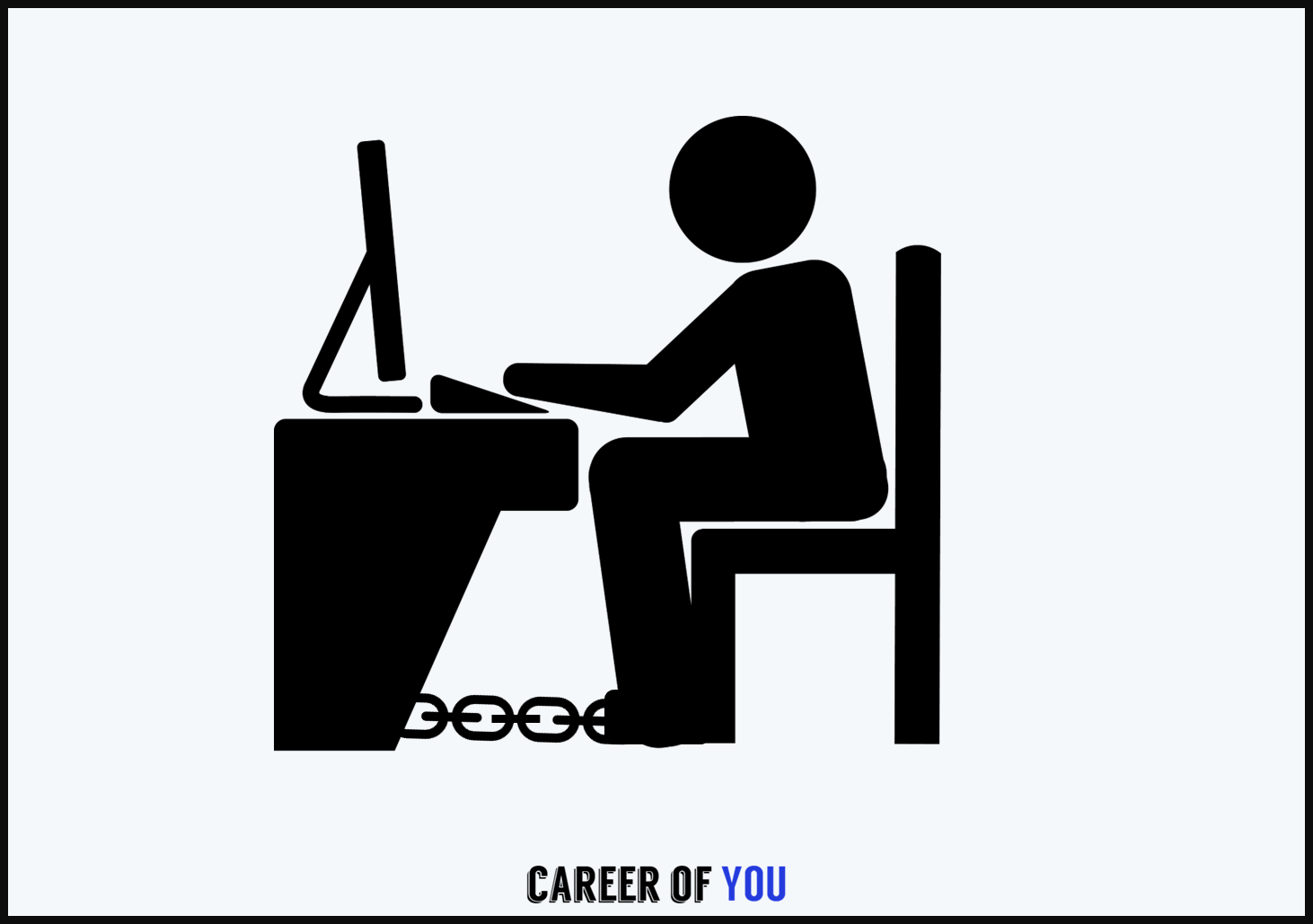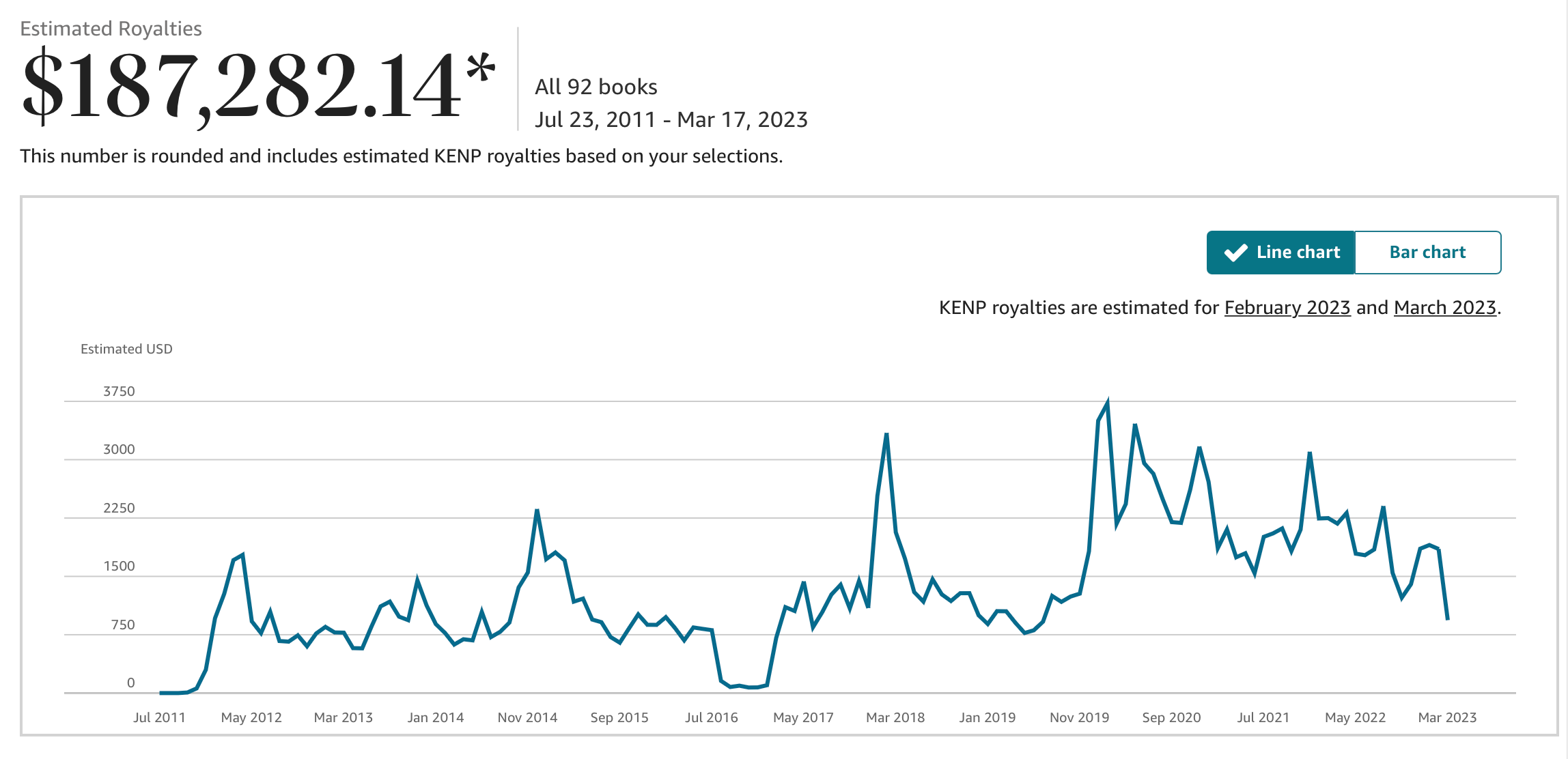We’re three months into the new year. How are your goals coming along? Probably not as well as you’d hoped. A couple of months ago I was happily daydreaming about all I’d achieve by the end of the year. But I failed to account for the regular demands of day-to-day life which make doing anything new extremely challenging.
Let’s be honest: change is hard. Having a goal is the easy part. Who wouldn’t want to make more money, write a best-selling book, and finally look good in a t-shirt? But achieving goals is difficult, even when we know they are attainable. Otherwise, you wouldn’t set the goal in the first place.
If like me you’ve struggled to keep to your New Year’s goals, you’re in good company. Studies show that 80% of people who make New Year’s resolutions will have failed them by the second week of February. Sadly, goals of all types go unrealized every year.
But the good news is a few simple changes can help you get back on track. Looking back over my goals for the year, I realized I made five mistakes when planning my goals, each of which can be tweaked to significantly improve my chances of success.
I set too many goals
I fell into the classic trap of setting too many goals. And not just any goals; but stretch goals. ‘Big Hairy Audacious Goals’ as they are known in self-help literature, that are so ambitious they keep my motivation high.
The truth is, working towards goals that feel exciting and worthwhile does help to keep my motivation up. But there are only so many hours in the day. Having too many goals will simply overtax your attention and willpower.
Whenever you start working towards a new goal it will pull time and resources from other pursuits. Research has shown that you can only effectively work on a maximum of five things at once before your efforts get diluted.
I focused too much on the result, and not enough on the process to get there
Most of my goals are about an outcome — I will write my first book, I will increase my income, and so on. The problem with a focus on outcomes is that there is no way of knowing if the outcome will improve your life. And even if you think you’ll find it fulfilling, there is no way of knowing until you’ve reached it.
Thinking about this for a second, I can think of lots of high achievers I know in the corporate world, who spent years working towards specific goals only to realize the outcome wasn’t what they wanted, and they’d missed out on major life moments in the process.
I’m still an advocate for pursuing exciting goals, but goal-setting research indicates it is far more important to focus on the process, the journey you will need to take to reach your goal.
Consider the life you would like to live this year. What are the activities you want to spend your time doing? What skills do you want to learn? And how much time are you willing to dedicate to the process? The process needs to be sustainable and enjoyable. A goal points you in the direction of a desired outcome you would like to achieve, but having process goals will help settle you into the present.
My goals were unrealistic
I’m an ambitious person and want to do a lot with my life. But the goals I set were simply not realistic based on the time I have available and my level of ability (ok my fitness level in particular — my t-shirts still don’t fit well).
This is an easy trap to fall into — we see what others are capable of achieving and expect the same from ourselves. People are naturally impatient (or at least I am), so we make unrealistic goals — like running a marathon in sub 2 hours, or writing a book in one month.
It is also human nature to be overly optimistic when it comes to planning how much time you have available, a concept known in psychology as the planning fallacy. Put simply, we are notoriously bad at looking into the future and figuring out how long a task will take and how much time we will have available to do it.
While it’s good to be ambitious, the worst thing you can do is over-commit yourself. Achieving a new goal is hard enough. It should be a rewarding process. Overwhelming yourself with tasks is one of the quickest routes to burning out and giving up on your goals.
My goals were too specific
When I initially planned my goals, I set very specific targets for myself. For example, I wanted to write three medium articles a week, come what may. When I was hitting that target, I found myself working a tonne of hours on top of my day job, and frankly became stressed out. It took the fun out of writing. When I inevitably burned out and didn’t hit my target, I felt like a failure and found it easy to give up.
While specific targets can be helpful, a study published in the Journal of Consumer Research has found a far more effective tool for sticking with goals over the long term.
The researchers studied dieters and found that those who declared they wanted to lose between 20–40 pounds were more successful in losing weight than those who aimed to lose 30 pounds exactly. Participants who focused on a weight loss range felt a sense of security as they knew the low-end goal was attainable. When they reached the low-end of their range, they experienced a sense of achievement that motivated them to keep going and stick with their program, compared to those with a specific goal, that wasn’t always met.
Based on this, rather than force myself to write three articles a week, I’m now writing between 1–3 articles; flexing my time based on whatever else life throws at me.
I didn’t hold myself to account
Not only did I not stick with my goals, but I also failed to consistently hold myself to account. Measurement is critical for goal setting, and one of the most motivating things we can do is demonstrate evidence of ourselves making progress.
But progress doesn’t happen in a straight line. And when I stopped progressing as quickly as I wanted, I got frustrated and stopped measuring my progress. It’s an obvious point but to improve I need to hold myself to account, and consistently track my progress.
An extra layer I am adding to this is to ensure every goal has an external accountability system linked to it, as we tend to perform better when someone is watching over us.
Parting thoughts
I hope you’ve found these steps helpful. They have certainly challenged me to think more critically about how I will achieve my goals this year, and what I want my year to look like. To leave you with some parting thoughts I would encourage you to consider the following when planning your goals:
1) Be selective with your goals. Change is hard, and you can only realistically work on a few things at once.
2) Don’t just focus on the outcome you want to achieve. Consider what activities you will need to undertake to achieve those goals. Identify the things you want to spend your time doing on a consistent basis and make sure they are valuable, sustainable, and rewarding. It’s fine to have a desired end in mind, but you need to enjoy the journey.
3) Don’t over-commit yourself. Make sure you’ve made an honest assessment of the time and resources you will need to reach your goals.
4) Don’t set specific targets. Research has shown that it is far easier to stick to a goal over the long term if you focus on a range. Whether your goal is to exercise 3–5 times a week or to read 20–30 pages a day, set a realistic range.
5) Measure progress consistently and hold yourself to account. Remember we tend to perform better when there is an external consequence to not meeting an expectation.





